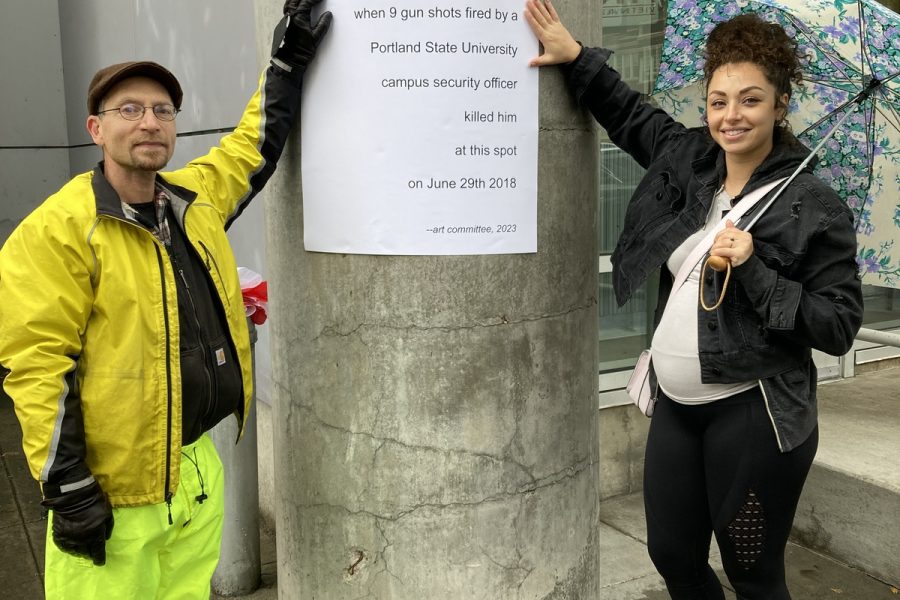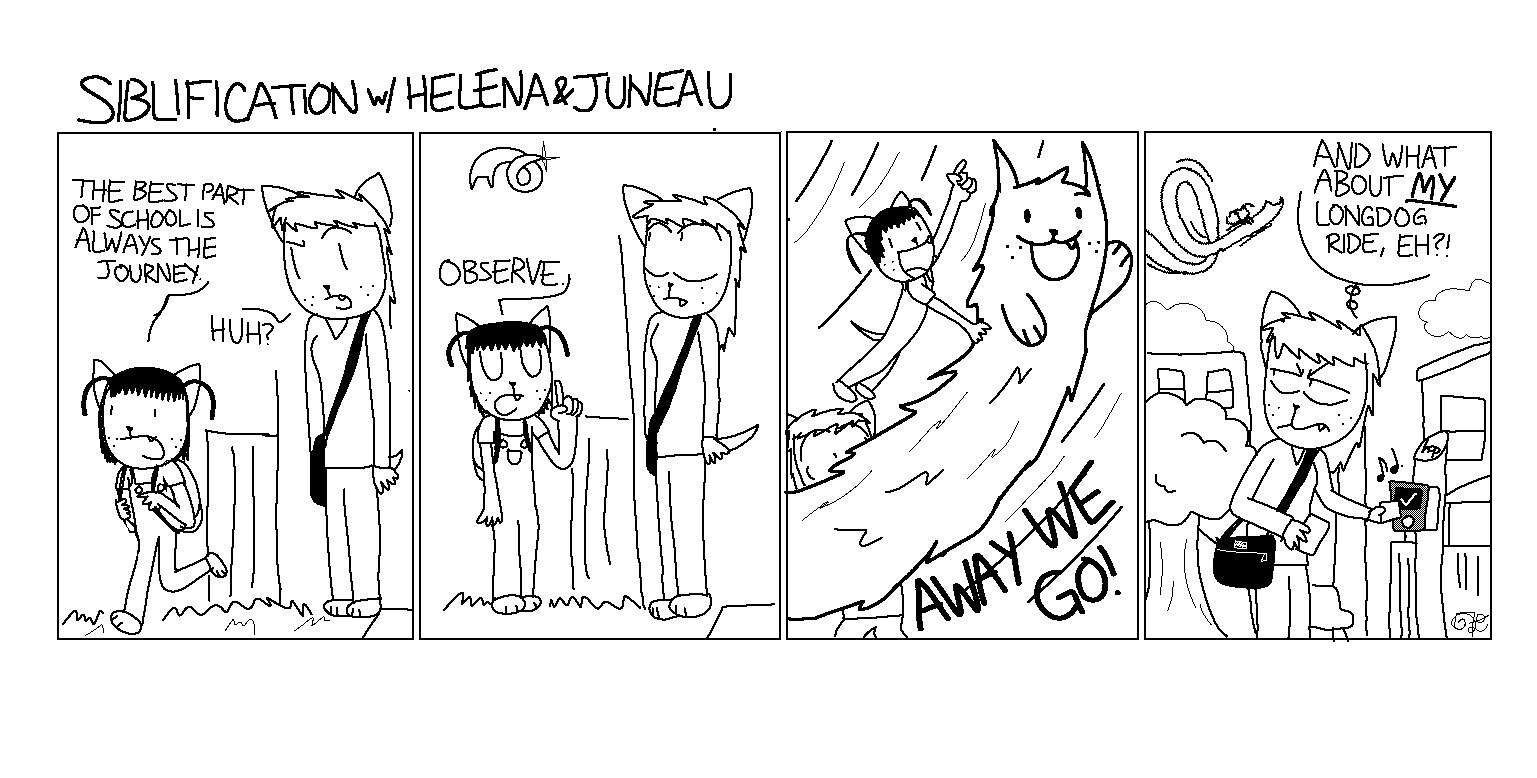For years, residents of Portland have been driven out of their homes due to rising rent costs. No one should have to live on the streets, especially if it’s just because they’re short on money. When discussing this topic, it’s important to remember who sets, collects and enforces rent: landlords play a central role in the housing crisis, and they must take more responsibility in solving it—or they must be forced to.
According to the Multnomah County 2015 “point-in-time count,” on one particular night in Multnomah County, “3,800 people slept on the streets, in shelter, and in temporary housing, and an estimated 12,000 people were doubled up, many in overcrowded and often unsafe conditions.” This horrifying situation is due in part to the fact that rent prices are climbing rapidly in Portland. In fact, “Portland rental rates rose more than anywhere in the country—39% in 2021 alone—putting renters in an impossible situation,” according to portlandrentalhomes.com. “The average monthly rent for a studio apartment in Portland is $1,245, almost double what a minimum wage earner could afford, according to the Department of Housing and Urban Development.”
One step toward fixing the problem in the short term is to have the city of Portland mandate that landlords allow renters to continue to live in their apartment for the next month or so if they can’t pay rent. This would help give people on the brink of housing insecurity more time to gather the funds to pay.
For the most part, those who cannot pay their rent simply do not have the money to pay for housing as prices continue to skyrocket. “Today about half of the region’s renters spend more than 30 percent of their income on rent, which squeezes their budgets for food and other basic essentials,” according to Metro.
Landlords could also open up their vacant units to houseless people. In fact, this has already been proposed by a coalition of Portland community organizations known as the 3,000 Challenge, “advocating for area landlords to be part of the solution to the homeless crisis and commit to making at least one of their vacant units available to currently homeless individuals and/or families,” as Housing Oregon reported.
This is a big step in the right direction. It’s a waste to leave so many apartments empty when landlords could be doing some good. However, without someone pushing landlords to do this, they never will—that is why organizations pushing for projects like this need to band together, meet with city officials, work to make these plans a reality and put some pressure on the landlords.
Of course, not all landlords are supportive of this endeavor. “I’m not sure this one is as promising as it’s being presented,” said Ron Garcia, Executive Director of the Rental Housing Alliance of Oregon, to KGW. “I’m real concerned that 180 flip from having lived in a van or a tent, going into a home without any other prep is an issue.”
Another concern he had is the potential of disrupting neighbors. “Homelessness is also rooted to behavioral problems, whether it’s drug use or mental health crises,” Garcia said. “So that’s not going to be solved by putting a roof over their head.”
Yet these claims have no proof to back them up—in fact, researchers from the University of California “looked at various contributing issues of homelessness, including mental illness and addiction, and the per capita rate of homelessness around the country,” reported the San Diego Union-Tribune. “By looking at the rate of homeless per 1,000 people, they found communities with the highest housing costs had some of the highest rates of homelessness, something that might be overlooked when looking at just the overall raw number of homeless people.” Homelessness is primarily a problem of housing insecurity, with rising housing prices pushing people on to the street—not mental illness or drug use.
Landlords could be doing much more to solve the housing crisis than they currently are. They’re the ones who take the rent—it’s about time they give a little too.







Rent is to high due to greed. We know that wealthy individuals or corporations are buying these units to make a profit. It’s all about the money and always will be. It’s sad.